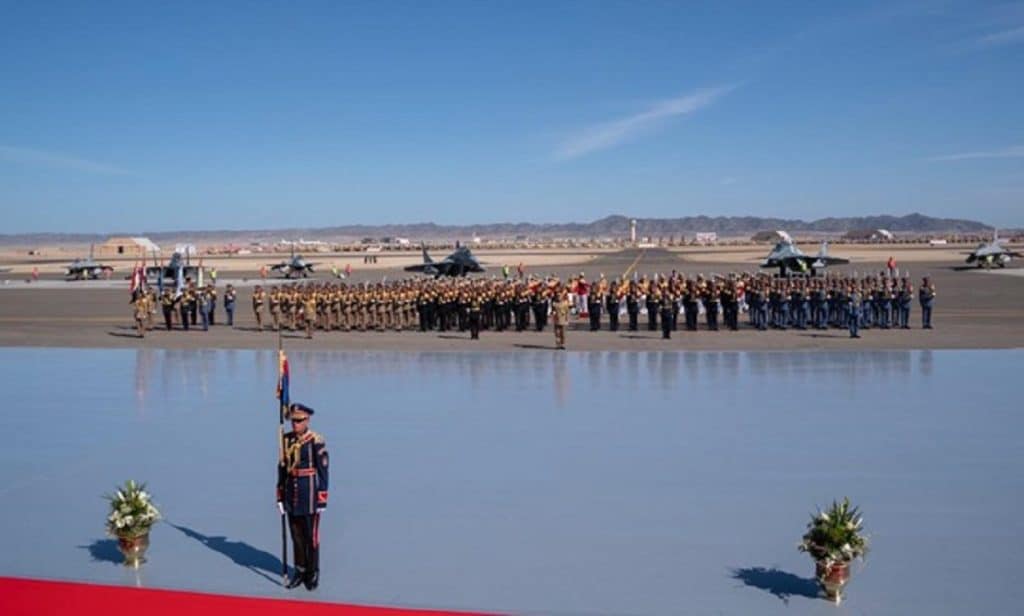By Denis Korkodinov
The recent inauguration of Egypt’s new military base in the Red Sea has a special symbolism against the background of the activity of the international community around Libya. It was a peculiar Egyptian signal for Turkey, which decided to support the Government of National Accord led by Feyez al-Sarraj.
At the same time, Cairo unequivocally announced that it was ready to strengthen its position in Libya through new models of military aircraft.
The decision of the commander of the Libyan National Army, Khalifa Haftar, to refuse to sign agreements following the results of the Moscow and Berlin conferences created certain obstacles to the realization of Russian and Turkish interests in Libya, since their actions were limited by the format of the negotiation process.
In addition, this violated the plans of Moscow and Ankara for the unhindered development of Libyan energy resources and the creation of an exclusive economic zone in the eastern Mediterranean, where, on the initiative of Greece and Israel, it is planned to build a gas pipeline bypassing the Turkish Stream. The construction of such a gas pipeline in the interests of Athens and Tel Aviv significantly reduces Europe’s dependence on Russian gas.
In such circumstances, the situation of Egypt in the Libyan crisis is extremely beneficial. On the one hand, the Libyan-Turkish agreement represents a good occasion for Cairo to step up its policy in the eastern Mediterranean.
On the other hand, Abdel Fattah Al-Sisi got an opportunity at the expense of Libya to strengthen his position in negotiations with Moscow and Ankara on a number of other issues, including the elimination of terrorist groups on the Sinai Peninsula. In particular, Turkey may assist Cairo in the fight against Islamic State factions in exchange for reducing aid to the Libyan National Army.
Among other things, Moscow, most likely, is also interested in preventing Egypt from using military aircraft against the forces of the Government of the National Accord, as this could lead to the collapse of the negotiation process on Libya and the aggravation of Russian-Turkish relations.
It is also worth noting that the presence of Prince Muhammad bin Zayed al-Nahyan at the opening of a new military base in Egypt demonstrated particular importance for Cairo in developing cooperation with the United Arab Emirates. In turn, Cairo and Abu Dhabi emphasized their willingness to confront Turkey in Libya should Recep Erdogan be overly active in the region.
Meanwhile, Egypt could be in a very vulnerable situation if it intensifies its military presence in Libya. Thus, Ethiopia may make an attempt to solve the problem of the construction of a powerful dam on the Nile River by the Egyptian side.
Thus, Cairo risks facing two military conflicts simultaneously. For this reason, Abdel Fattah al-Sisi is unlikely to put Egypt at risk of a “two-front war”, and, apparently, will limit the assistance of the Libyan National Army. The only question is when this will happen.
(The opinions expressed in this article are solely those of the author and do not necessarily reflect the views of World Geostrategic Insights)







